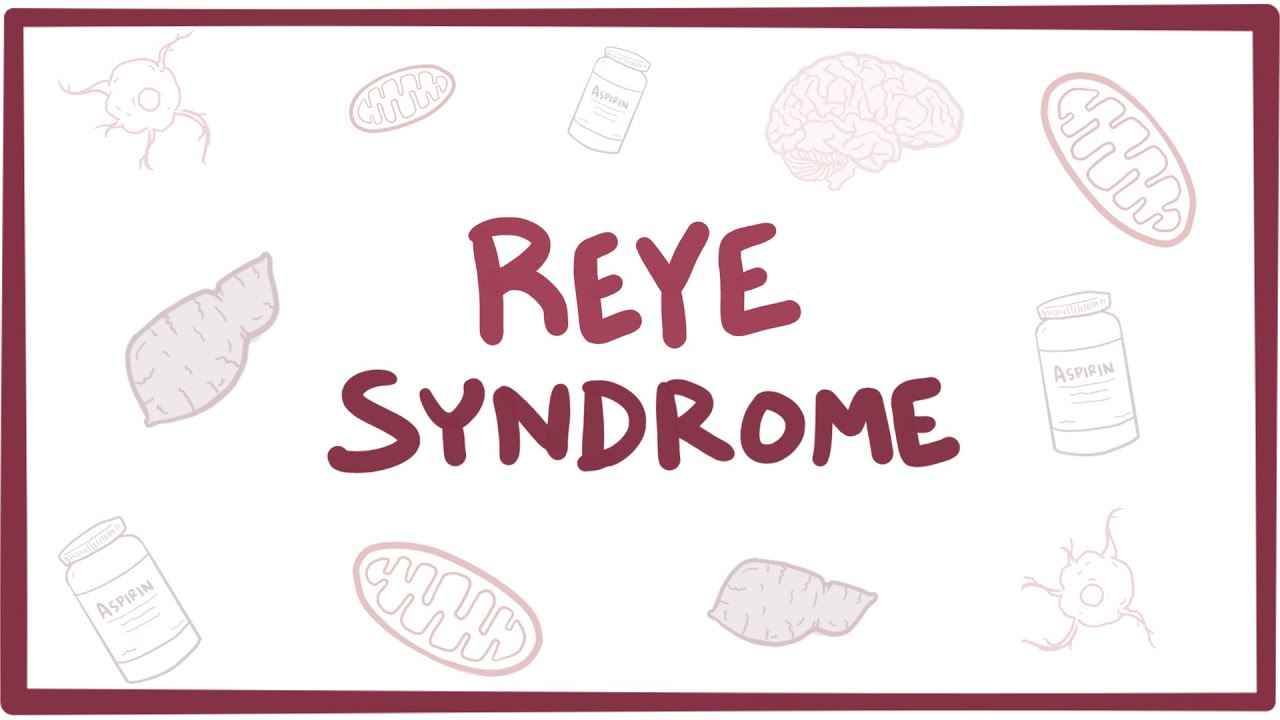Complications Associated With The Chickenpox
Chickenpox is an infection that comes from the contagious varicella-zoster virus that mostly occurs in children. The infection produces a characteristic skin rash that is uncomfortable and itchy. The rash then turns into blisters filled with fluid that burst and form scabs. Other symptoms include fever, tiredness, headache, and appetite loss. The virus is transmitted from person to person through bodily fluids like saliva and blister fluid. Unlike numerous other contagious viruses, a vaccine is readily available that is highly effective at preventing varicella-zoster virus infection.
Chickenpox diagnosis is typically made with using a physical examination of the skin rash and or laboratory tests of the individual's lesions and blood. Most cases of chickenpox do not require any medical treatment, as the virus has no cure and must run its course. However, some individuals affected by chickenpox develop complications from the infection that may require treatment.
Pneumonia

When the varicella-zoster virus has caused the chickenpox infection in an individual, the virus is present in their body and has the capability to move into the blood and other organs. When the chickenpox virus attacks the lungs, the patient will develop pneumonia. Varicella pneumonia is the most prevalent cause of illness and death in adults related to infections of the varicella virus. Pneumonia precipitated from chickenpox is more likely to occur in affected adults and teenagers.
Pneumonia manifests in an infected individual between one and six days following the initial varicella zoster infection. Patients who develop pneumonia from chickenpox experience symptoms that include, fever, pleuritic pain in the chest, shortness of breath, cough, hemoptysis, and indications of hypoxia. When pneumonia arises as a complication of chickenpox, treatment involves a course of intravenously administered antiviral medications over a week. Chickenpox-related pneumonia may result in respiratory failure if the patient does not receive treatment.
Reye's Syndrome

Individuals infected with chickenpox may develop a complication called Reye's syndrome, which is characterized by a decrease in liver function and sudden damage to the brain. While the exact mechanism that causes this complication to develop is unclear, it is known to occur in individuals who took acetylsalicylic acid while fighting off the flu or chickenpox. As the use of this medication for viral infections has declined, so has the frequency of Reye's syndrome.
In affected individuals, fats accumulate in the cells and cause them to swell up. This malfunction causes low blood sugar levels and high ammonia acid levels in the blood. The syndrome starts with sudden vomiting that lasts for several hours. The patient then gets very aggressive and irritable. Further progression is characterized by an individual who may not be able to stay alert or awake. They may exhibit confusion, seizures, decerebrate posture, hearing loss, speech problems, lethargy, mental changes, double vision, and extremity paralysis. There is no cure for Reye's syndrome, but it can be managed with supported treatment until the swelling comes down.
